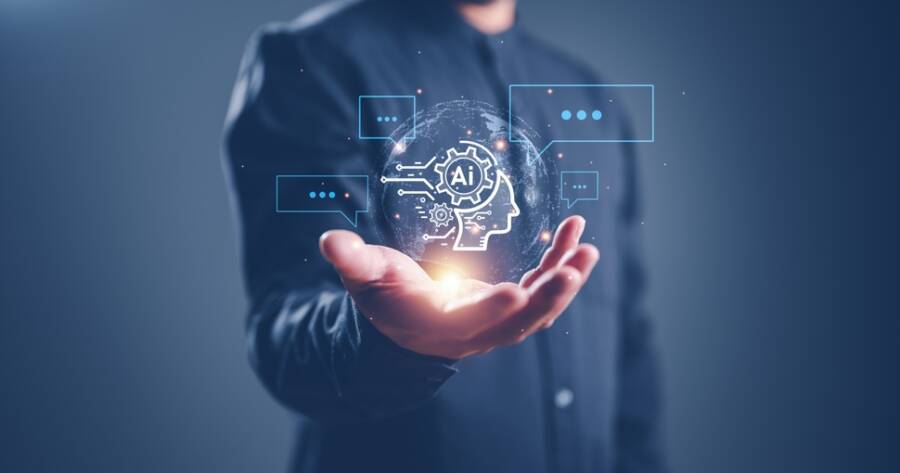Artificial Intelligence (AI) has become an indispensable part of modern society, influencing how we work, communicate, and live. From the smart gadgets we use daily to advancements in industries like healthcare and transportation, AI is subtle yet pervasive. Although its potential is immense, the trajectory of AI is filled with both possibilities and challenges. The ripple effects of AI technologies might redefine our daily experiences in ways we are just beginning to comprehend.
AI in Healthcare: Revolutionizing Patient Care
AI’s integration into healthcare can offer promising tools for diagnosis and treatment, although the industry is still exploring these possibilities. AI systems might assist doctors by analyzing vast datasets to identify patterns not easily discernible by human eyes.
These systems could prove valuable in predicting patient outcomes or personalizing treatment plans. Furthermore, AI-driven technologies could contribute to early detection of diseases through advanced imaging techniques, providing a potential leap forward in preventive medicine.
Transportation and AI: Road to Autonomous Vehicles
The emergence of AI is poised to potentially revolutionize transportation with the development of autonomous vehicles. While fully self-driving cars are still in experimental stages, their promise lies in improving road safety and reducing traffic congestion.
Through machine learning algorithms and real-time data analysis, these vehicles might eventually learn to navigate complex urban environments more efficiently than human drivers. However, a complete transformation of urban mobility requires addressing numerous challenges, including regulatory frameworks and public trust.
AI in Education: Personalized Learning at Scale
Education systems worldwide are considering AI to offer personalized learning experiences. Adaptive learning platforms, powered by AI, can cater to individual student needs, adapting in real-time to their learning pace and style.
This personalized approach might enhance student engagement and even performance. It is conceivable that AI could help identify learning gaps and recommend resources, providing teachers with actionable insights to support each student more effectively.
AI and the Workplace: Enhancing Human Capabilities
In the workplace, AI has the potential to augment human capabilities rather than replace them. By automating repetitive tasks, AI allows employees to focus on more complex, creative responsibilities, fostering innovation and productivity.
For businesses, AI-driven insights can enhance decision-making processes, optimizing operations and improving outcomes. Nevertheless, the integration of AI in work settings necessitates a focus on reskilling the workforce to adapt to the evolving landscape.
The Ethical Dimensions of AI
The rapid integration of AI technologies into everyday life raises important ethical considerations. Privacy concerns, algorithmic bias, and the transparency of AI systems are among key issues that need careful evaluation.
Responsible AI development and implementation would require robust ethical frameworks and governance structures to ensure technologies do not perpetuate inequalities or infringe on human rights.
AI and Entertainment: Transforming Content Creation
In the entertainment industry, AI is unlocking new forms of content creation. AI algorithms now contribute to generating music, art, and even scripts. Through machine learning, entertainment platforms can provide personalized content recommendations, thereby enhancing user experiences.
Such innovations might challenge traditional notions of creativity and artistic expression, reshaping the entertainment landscape while raising questions about originality and authorship.
Navigating the AI-Driven Future
The future shaped by AI holds vast potential and complexities. As these technologies continue to embed into various facets of life, their impacts will likely be both transformational and challenging.
Understanding and navigating this AI-driven future requires collaboration, ethical considerations, and an adaptable approach. Balancing innovation with societal needs might ensure that AI acts as a catalyst for positive change, enhancing human experiences across diverse domains.

